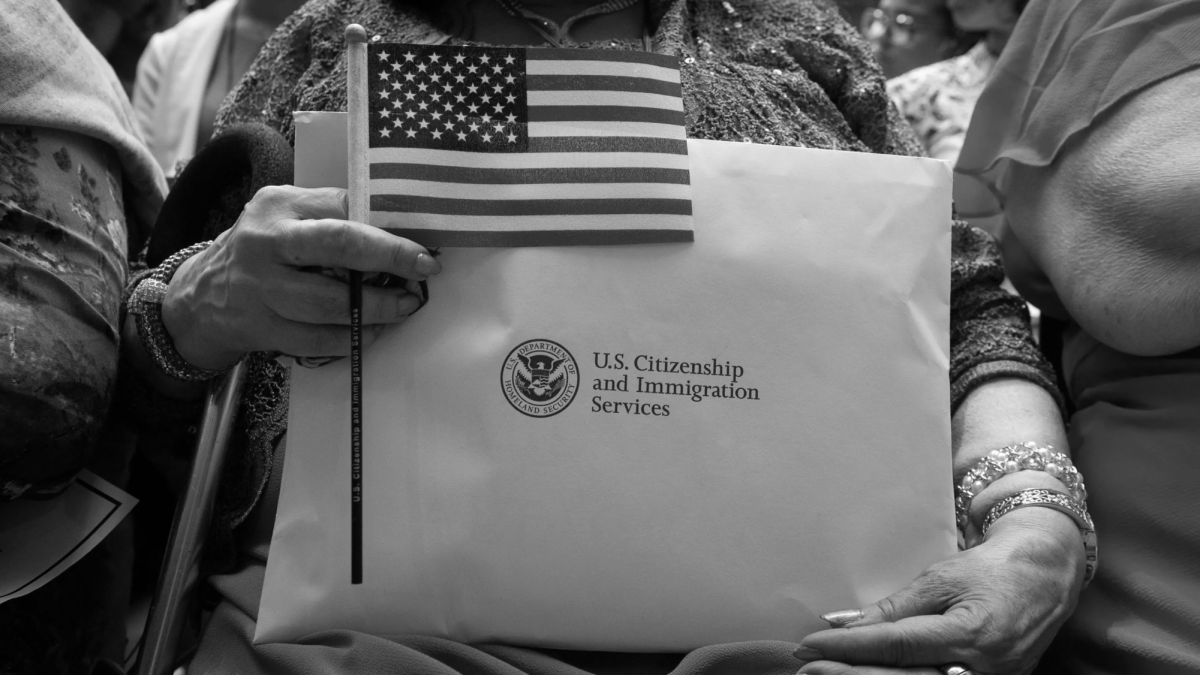Recent immigration laws across right-leaning states are highly controversial and have initiated many large protests since their enactment. Many immigrants fear that the new laws threaten their security and will force them to leave their homes, proving that such enforcement is counterproductive to forming a comprehensive immigration system, including a direct pathway to citizenship.
Nine states have recently tightened immigration laws, and many attempt to pass similar legislation. These new policies resemble Texas immigration law Senate Bill 4 (SB4), which allowed the state to arrest migrants crossing the border and check immigration status after a criminal accusation. Large protests ensued in states that passed immigration laws, as many felt that such new policies were unfair to immigrants. Protestors argue that immigrants who have been working in the United States for many years should be granted temporary visas due to their contributions to the economy and labor force as long as they are actively seeking citizenship. They also emphasize that many immigrants are deeply rooted in local communities, with some running businesses that support their state.
On the contrary, Iowa Gov. Reynolds stresses that “[t]hose who come into our country illegally have broken the law, yet Biden refuses to deport them … This bill gives Iowa law enforcement the power to do what he is unwilling to do: enforce immigration laws already on the books.” The states that have enacted such policies also emphasize and exercise their ability to deport illegal immigrants while generally overlooking humanitarian concerns. Harsh legislation diverts attention from establishing efficient family reunification efforts and the humanitarian protection of migrants seeking asylum. Often, loose criteria for making arrests may lead to unwarranted actions. Large numbers of detainees prompt hasty trials, and ensuring complete objectivity and fairness is essential to preserving judicial integrity for immigrants.
Furthermore, policies of spontaneous arrest and deportation can foster prejudice against local immigrants, particularly Hispanic people, despite their support of the district economy. This would trigger a feedback loop in which increased bias leads to more accusations against such populations, a prominent inconvenience. Intolerance can also lessen humanitarian concerns and efforts for incarcerated migrants, affecting trials and leading to perfunctory analyses and the generalization of all cases as having a definite outcome—deportation. Unforgiving policies against immigrants may further undermine the trust of law enforcement in already vulnerable communities. Furthermore, people may be more reluctant to report crimes out of concern for their community members. Opposingly, citizens may exaggerate and falsely report crimes due to their racial profiling of immigrants.
In conclusion, the recent immigration laws across right-leaning states have resulted in widespread controversy and large protests. While many believe that such policies are needed to enforce immigration laws and enforce national security, the humanitarian impact of such actions must be considered. Many immigrants contribute to the local economy and strive for citizenship. A more comprehensive approach, such as resources and a streamlined process should be provided to support immigrants seeking citizenship and expedite the process. These factors should not be overlooked, even in states that arrest and deport immigrants.










































